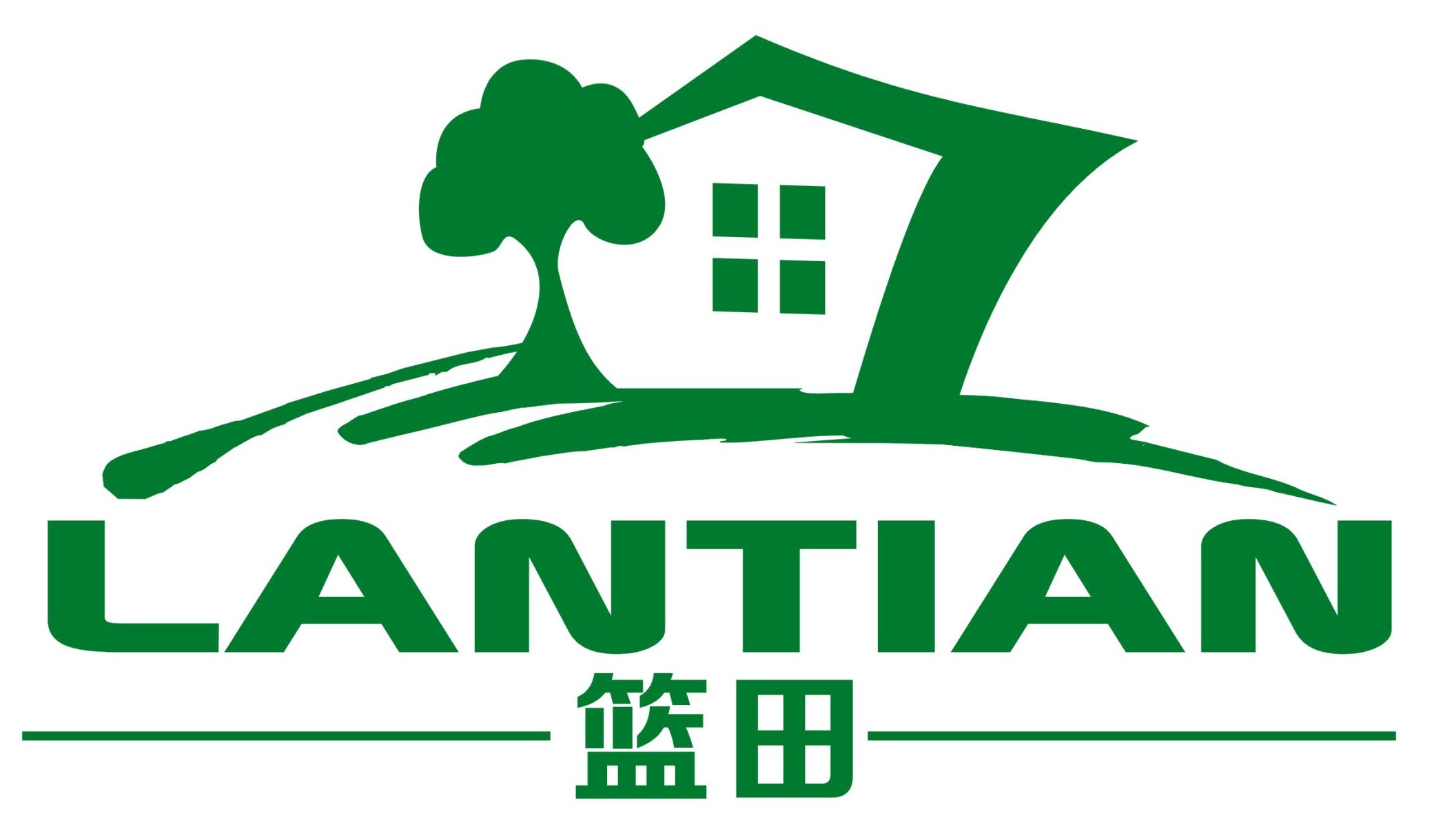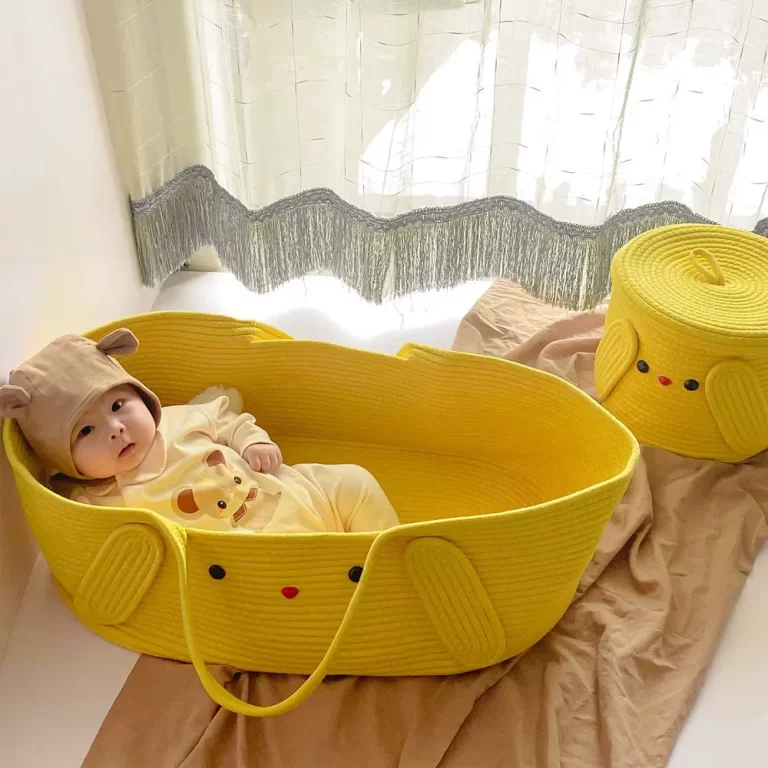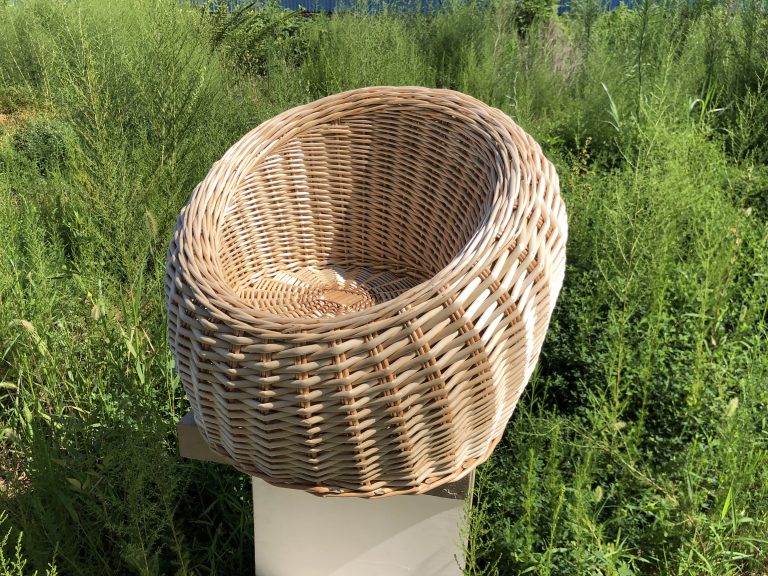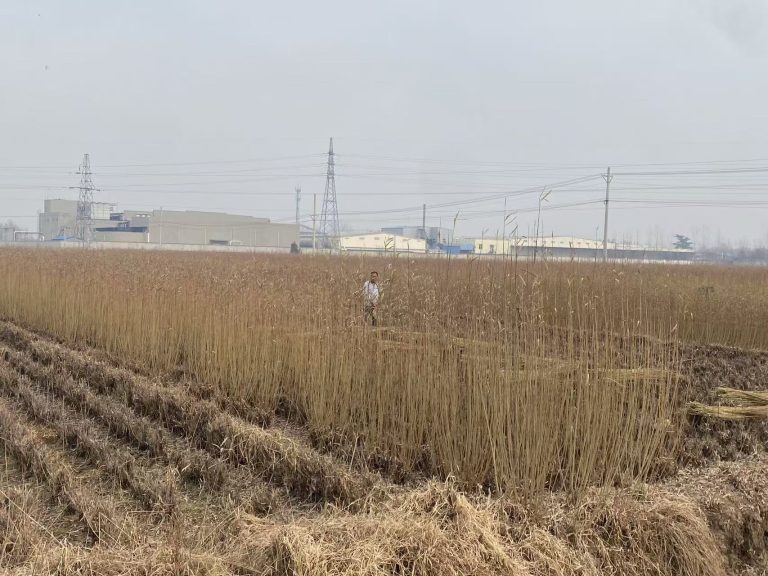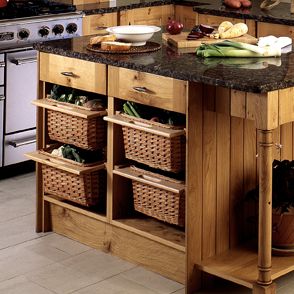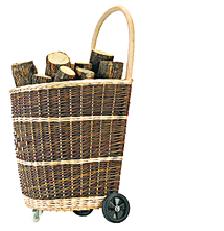In the global push for sustainable living, kitchen storage solutions have evolved beyond mere functionality to embody eco-conscious aesthetics. Among natural materials, willow and bamboo stand out, each offering unique benefits. This showdown explores their strengths, with a spotlight on China’s role as a production powerhouse driving innovation.
Bamboo: The Eco-Warrior
Bamboo kitchen products—including storage boxes, baskets, and modular shelves—have gained traction for their durability and minimal environmental footprint. As the fastest-growing plant on Earth, bamboo is inherently renewable. Its tensile strength rivals steel, making it ideal for heavy-duty storage needs. Globally, the bamboo products market is projected to grow at a 5.05% CAGR (2021–2028), fueled by demand for sustainable alternatives to plastic. China, a leading producer, leverages advanced manufacturing to create sleek, customizable designs—from foldable plate racks to minimalist canisters—that cater to Western preferences for multifunctional space-saving solutions.
willow : The Traditional Challenger
willow weaving, a centuries-old craft, offers rustic charm and biodegradability. willow baskets and bins provide breathable storage for produce and utensils, reducing moisture buildup. However, willow ’s softer structure limits its use for heavy items, and handcrafted production scales slower than bamboo’s industrialized processes. While popular in artisanal markets, willow struggles to match bamboo’s cost efficiency and global supply chain integration.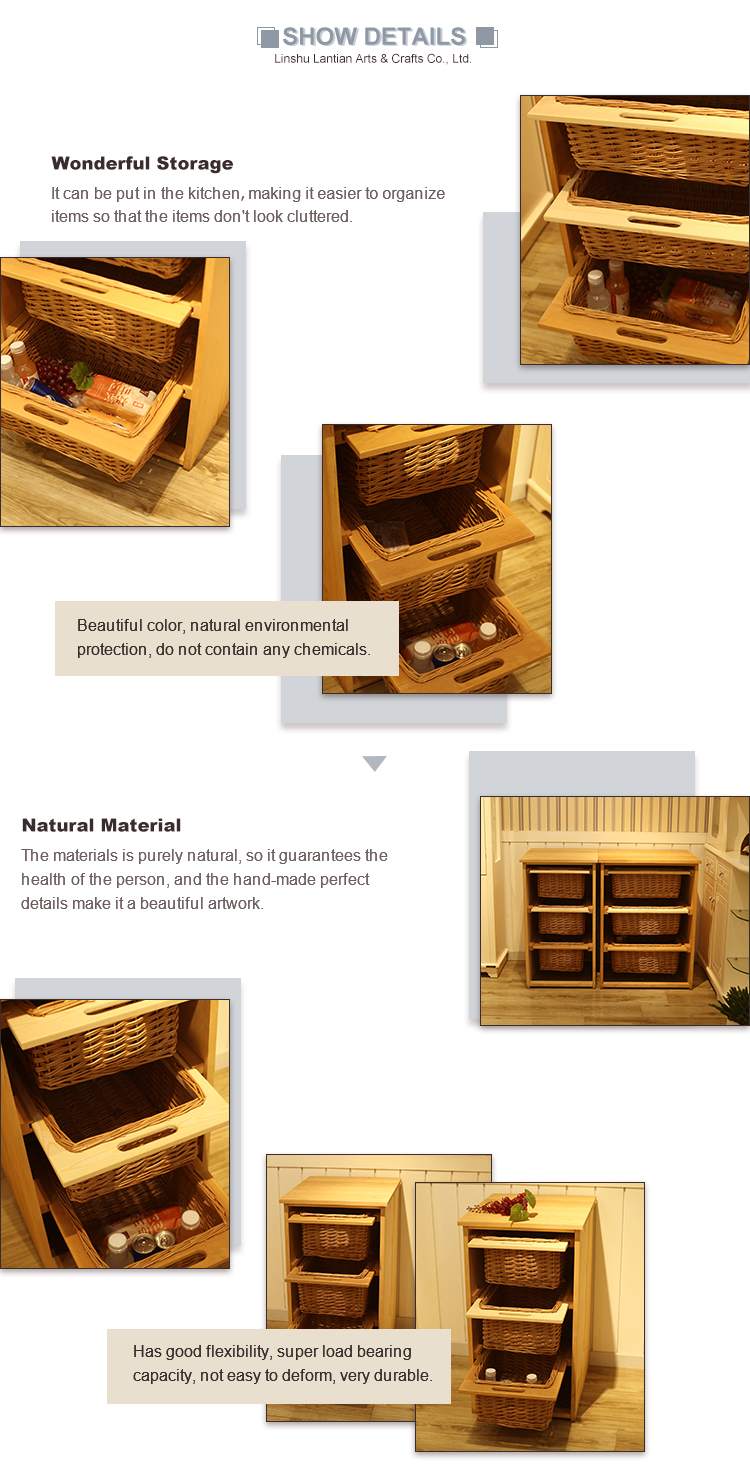
Global Trends & China’s Dominance
The shift toward eco-friendly kitchens is universal. In Europe and North America, bamboo storage sales soar due to its modern appeal and compliance with “zero-waste” lifestyles. China’s factories—concentrated in Fujian and Zhejiang—combine traditional craftsmanship with automation, producing 70% of global bamboo kitchenware. Brands like Bambu and Fujian Huayun export customized products worldwide, emphasizing color variants and modular designs.
Innovation from Anji: The Bamboo Epicenter
China’s innovation is epitomized by initiatives like Anji’s “Liangshan Cup” design competition, which promotes “replacing plastic with bamboo”. Winning entries, such as stackable spice boxes and collapsible shelving, highlight bamboo’s adaptability to modern needs. These designs prioritize multifunctionality—e.g., foldable racks that save space in urban kitchens—a response to global housing trends toward smaller living areas.
The Verdict
Bamboo wins on scalability, strength, and alignment with contemporary aesthetics, while willow retains niche appeal for artisanal markets. For global consumers, the choice hinges on prioritizing durability (bamboo) or traditional biodegradability (willow ). Yet, both materials underscore a broader movement: kitchens becoming frontiers of sustainability, powered by China’s manufacturing prowess and ecological vision. As bamboo evolves into high-design storage solutions, it embodies the future of conscious consumption.
Roconly(LinYi) Crafts Co., Ltd.
Whatsapp: +86-18265103836 (Whatsapp & Wechat & Tel)
Email: info@roconly.com
We are a factory supporting eco friendly green baskets(natural willow coffins\bamboo baskets and so on) .. for detail please contact us www.lantianbasket.com;
#roconlybaskets#willow baskets#Naturalwillow babybasket#handwovenbabybaskets #wickerbassinet#willow KitchenDrawer #willow firewoodbasket#storagebasket #traditionalbasket #handmadewillow basket #wholesalewickerbasket #basketfactory#Moses baskets
